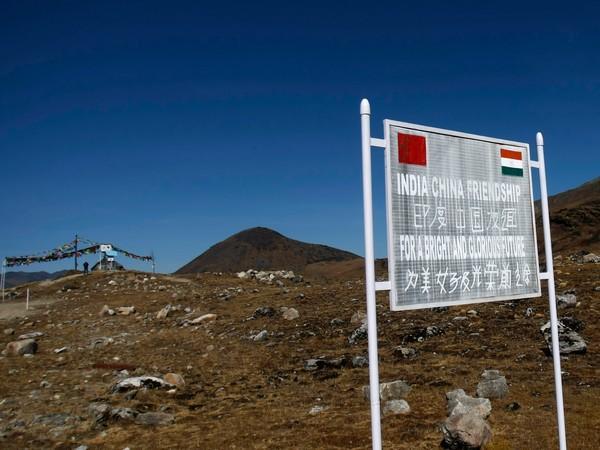Senior government sources told ANI that one such camp is coming up few kilometres inside the Chinese territory opposite the Naku La area in north Sikkim area, which is barely a few minutes distance from the area where Indian and Chinese troops had clashed last year when the confrontation started and also in January this year.
"The Chinese are building permanent concrete structures which will allow them to deploy troops near the frontline areas. The road infrastructure is also very good which will allow them to reach the border areas with India much more swiftly than before," the sources said.
The building of these warm modern buildings have also been observed near the areas in eastern Ladakh as well as the Arunachal sector, the sources said.The buildings are also going to help the Chinese Army address the issue of its soldiers feeling uncomfortable during winters in forward areas, the sources said.The Chinese troops were highly uncomfortable during their forward deployment with eastern Ladakh in extreme winters forcing them to rotate 90 per cent of their manpower from there.
The building of permanent structures in the border areas also shows the Chinese intent of staying in forward locations for a long time.The Chinese have disengaged from the Pangong lake area and sent troops back to the Rutog town in the Tibet area under their occupation.The Chinese have been building infrastructure there too, the sources said.
India and China have been in a standoff situation since last year after the Chinese aggressively moved into Indian areas and had violent face-offs with Indian security forces.The two sides also clashed in the Galwan valley which led to the deaths of several Chinese and Indian soldiers. Though India has declared that it lost 20 troops in the clash, the Chinese have not yet acknowledged the number of its dead soldiers.
India and China have held several rounds of talks but the outcome has not been much.The Chinese have also been dragging their feet on resolving the issues at friction points and are reluctant to commit to resolving the longstanding pending issues.
































